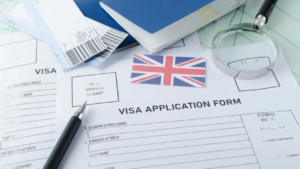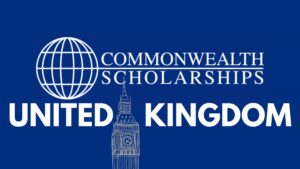Labour Government to Uphold UK Student Visa Restrictions 2024 Set by the Tories
The UK’s Labour Party has confirmed a decision that is ringing alarm bells across the academic sector: it is going to maintain the restrictive student visa policy initiated by the previous Conservative government. Pegging the aforementioned position, the Secretary of State for Education, Bridget Phillipson, went on to state that the government does not have plans to reverse the restrictions on international students. Labour’s Policy on Visa Policies for International Students In a recent interview with Sky News, Bridget Phillipson was asked if Labour would reverse the “visa restrictions” the Conservative government had put on international students. In quite a firm tone, she replied, “We don’t intend to change that.” This categorically sets out that Labour’s policy on international students will remain the same as that of the Conservatives, who have been introducing various visa rules and regulations with a view to reducing immigration. The most impactful among them, with effect from January 1, 2024, is that international-taught master’s students will not be allowed to bring any dependents to the UK. This and other measures will have a huge impact on the higher education scenario for international students and their dependents. Impact on UK Universities While admitting the significant position of international students in the UK academic scenario, Phillipson did not spare the Conservative government for mismanaging, if not solely exploiting, the higher education sector in the country. She further said that UK universities are under tremendous financial burdens that are being imposed on them, and whether it is liked or not, it is the international students who help the sector survive. “It’s not that international students are taking places that would’ve otherwise been available to domestic students. That is to say, the fees these international students pay subsidise the education of domestic students, aiding institutions in their capability to maintain a high learning standard. Slump in Study Visa Applications The impacts of such visa restrictions, in fact, are already negatively apparent. Home Office data shows that in the period from January to July 2024, applications for study visas remained 16% lower than in the equivalent period in 2023. This decline reflects the growing uncertainty and challenges prospective international students are experiencing in coming to the UK to undertake their studies. The drop in the number of international students is a cause for concern for some UK universities, which have come to depend on the higher fees these students pay. Fewer international students could well mean that the income drop will be so severe that it could well threaten the very mission and quality of the said universities, whether for education or research purposes. Conclusion This view of Labour government carrying on with the visa curbs on international students that was put in place by the Conservative government is not very promising for UK universities and thousands of international students seeking to study in them. Though on record, the financial gains from global students have been an indication, the current policy suggests the nature of restrictions that the approach of the UK towards education would be for some time now.










